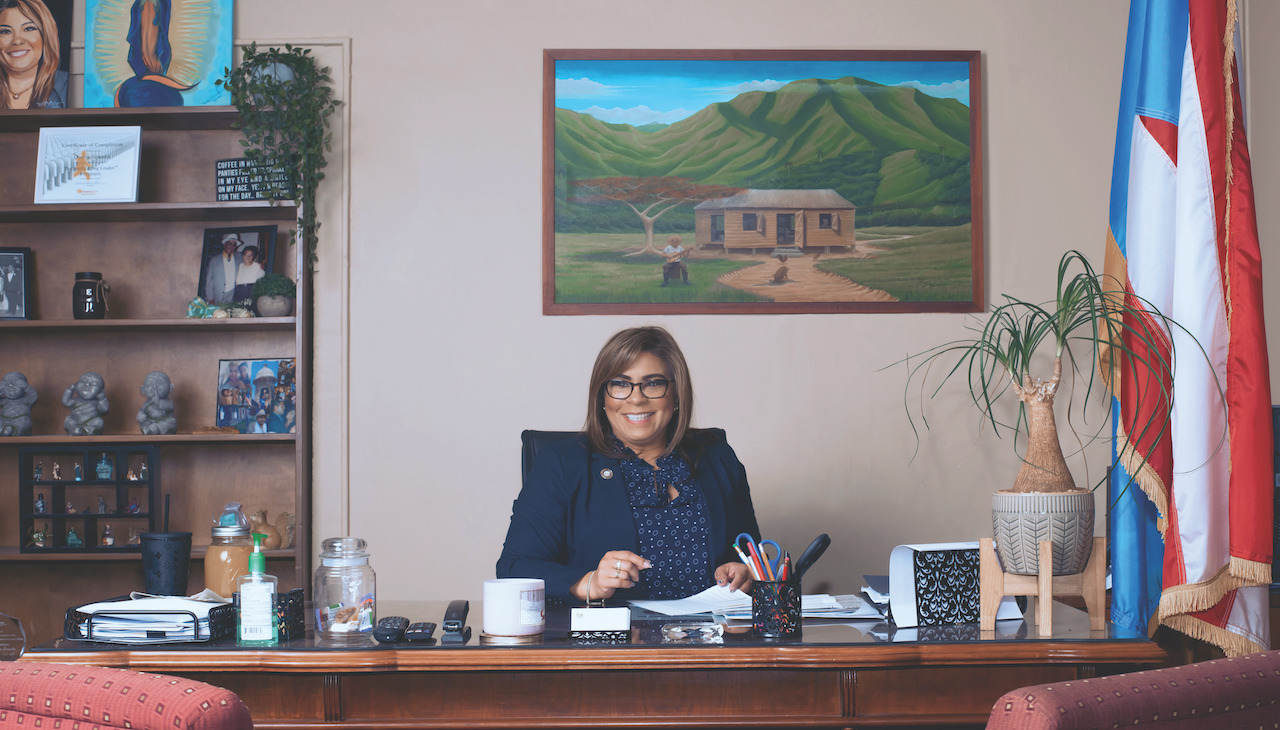
Quetcy Lozada has big shoes to fill in Philly's District 7
She stands ready to do it in her own way at the new rep on Philadelphia City Council.
Quetcy Lozada is born and bred Philadelphia. She was brought up in Norris Square, smooshed between the contrasting neighborhoods of Kensington and Fishtown in North Philly, in a family of five. Lozada’s dad, a devout Christian, worked in a meat factory while her mom took care of the kids, all sisters, at home.
“Always been from North Philadelphia, always been in the seventh council district,” Lozada said unequivocally in an interview.
Sitting in a far-end corner inside Tierra Colombiana, a Latino staple just off Hunting Park, District 7 City Councilwoman Quetcy Lozada took stock of her upbringing before she became the successor to Maria Quiñones Sánchez, a woman she regards as her mentor and friend.
The family had a sensible routine. Dad worked while mom stayed home because they wanted to ensure Lozada and her sisters were brought up in a Puerto Rican household.
Faithful to their schedule, every day at 5 p.m., they had dinner together. At 7 p.m., Lozada said they would chant the rosary. If there was any homework, it was Lozada’s dad who took on the tutoring role.
“Mom didn't really understand all of that,” she said, adding her mom’s education had stopped in sixth grade.
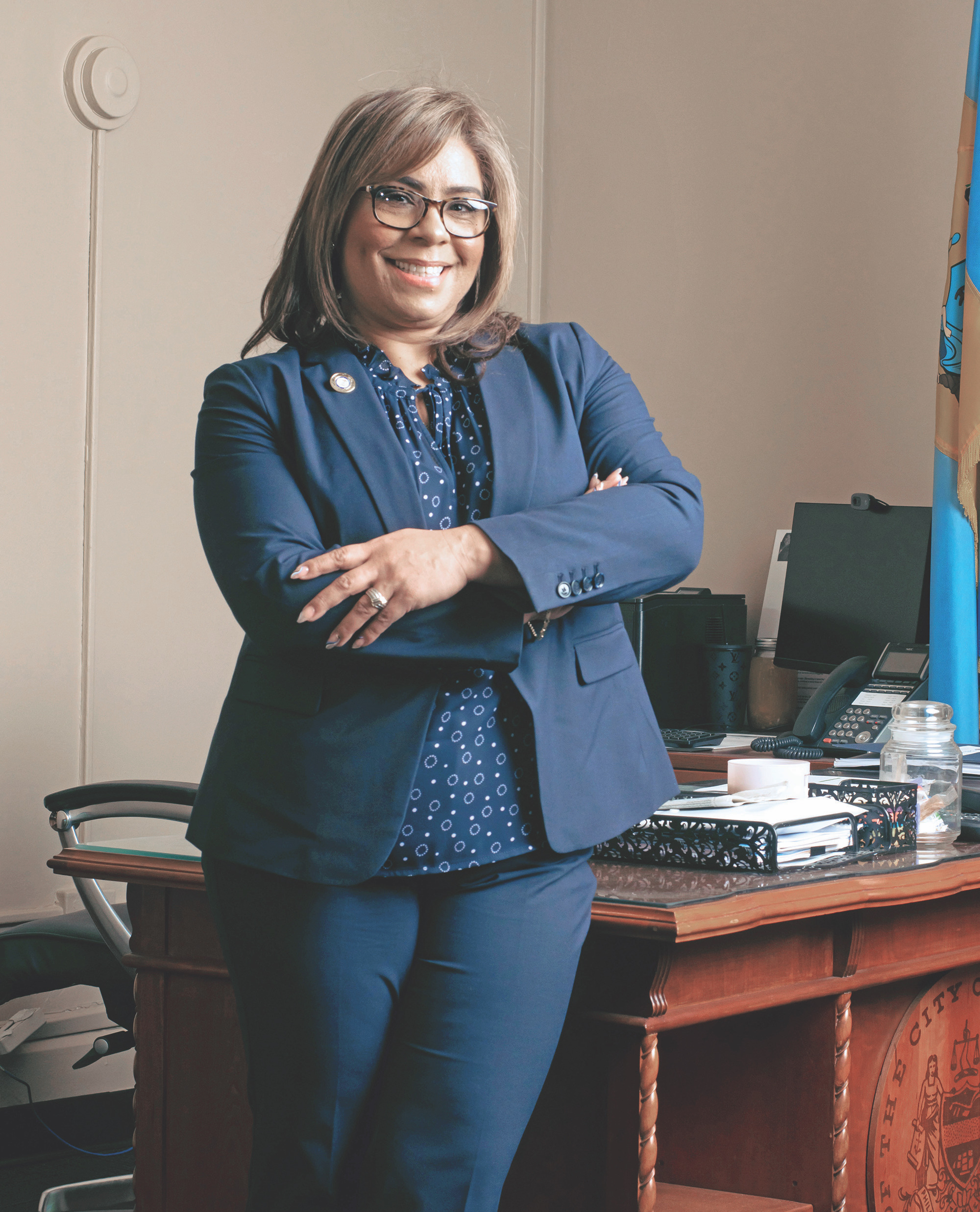
Lozada’s dad wanted to make sure he instilled a discipline that would inspire them to pursue an education and made it his goal to work as much as it took to create that circumstance. They attended St. Monica Elementary and then Little Flower Catholic High School for girls.
But a wrench thrown into the plans disrupted the routine. The factory where her dad worked shut down without notice, and Lozada vividly remembers him “coming home and not knowing what he was going to do because he had three daughters in Catholic school, and tuition had to be paid.”
To support the family, Lozada’s dad sought public assistance, an idea Lozada’s mom loathed.
“My mom refused to use different stamps, even at the corner store, she would say ‘you're going to go to the corner store.’”
Eventually, her mom finished school, given the circumstances, and took a trade gig to get the girls through school. Lozada, however, had plans of her own.
She understood her background early on. Like, the reason every sister wore the same shirt was that her mom would sew similar styles for them.
But also, “I absolutely did not want to go to school. I hated school,” she said. So she got a job in the Gallery, known today as the Fashion District.
At Mundy’s Cards and Gift Shop, Lozada saw echoes of her dad’s work ethic. It was a place where she felt a sense of responsibility, and “he worked hard for his family. I could understand that. I couldn't relate to that.”
She graduated high school, but didn’t immediately go to college, wanting to continue to work and make her own way. Her sister, though, did try but dropped out after a year.
Sensing her parent’s disappointment, Lozada enrolled in a technical, two-year program — and graduated with honors — to assuage their unease.
At 19, she went on to work for a bank, her first real job. And she was good at it.
She cared about the customer experience, and the role felt like much of a continuance of the lessons learned at Mundy’s. The drawback? “I want to work closer to home. I don't want to work downtown.”
“My mom was a factory worker, [and] my dad has worked in factories. I can work in a factory. I lasted five days” before going back to the bank. Luckily, they hired her back, and she stayed for eight years.
A change of heart and newfound pride
Philly pride has always been at the core of who Lozada is as a person, and that inevitably provoked a conflict. Growing up, “my parents always wanted us to speak Spanish at home. I would consistently fight with that and say, ‘I don't want to speak Spanish or speak English,” she told them.
“I'm an American. I'm born and raised here. I'm [of] Puerto Rican descent.”
That all changed when she landed a gig at Concilio, a Hispanic nonprofit with a long history of serving as the city’s stalwart for Spanish-speaking communities.
It was through that transition that Lozada met María Quiñones Sánchez, who, back then, was Executive Director of the Puerto Rico Federal Affairs Administration.
The first project Lozada was assigned to was voter registration in a city-wide effort to increase Latino participation at the polls and the amount of Spanish-speaking poll workers.
It was then that she worked in tandem with Quiñones Sánchez to amplify Latino guidance at the polls. Witnessing that work, Lozada said, moved her.
“I saw her passion. I saw her drive. I saw how committed she was to Latinos in this city,” she said. Little did she know she was poised to follow in her footsteps soon after.
In 2007, Quiñones Sánchez won a City Council election for District 7 and met with Lozada.
Hauled into local politics
“I thought, ‘this woman is crazy.’ I don't know anything about politics. I don't even know what a council person is because I've never reached out to my council person,” Lozada chuckled.
The first day in office, Lozada recalled, the team walked into an empty desk. It shook her, not only because she felt ill-prepared, but also because she feared they would fail the community.
Still, Lozada trusted in Quiñones Sánchez, who told her that “we're going to create our own rules here.”
RELATED CONTENT
Lozada grasped everything on the spot through her work in constituent services while simultaneously operating the office administration — all while absorbing the ins and outs of government work.
Excelling in her ability to use her ethic in any role, Lozada, under Quiñones Sánchez’s wing, became her chief of staff and close friend for the 14 years.
After 14 years, Quiñones Sánchez launched her campaign for mayor.
But even those bonds couldn’t stop the friction borne out of disagreement. Lozada was fierce about constituent needs and would put them above the legislative proceedings.
“I often times would say to her, ‘this is not right, that we can't do this,’” she remembered.
Even though the District 7 office was staffed with legislative and policy personnel, Lozada leveraged her position on the ground, which “put me in a very uncomfortable, compromising, frustrating situation.”
And yet, Lozada described Quiñones Sánchez as a visionary who “has always been able to see beyond far beyond today.”
“She consistently fought for people, she fought her way through government. And she has always found the support of the people,” Lozada remarked.
She credits herself for keeping Quiñones Sánchez grounded.
Ahead of Quiñones Sánchez’s resignation in September, a quiet battle brewed for District 7, one of the few Latino strongholds in Philly. And on a quiet night in mid-September, Lozada secured the necessary endorsements to carry her through the special elections.
Paving her own way
Now, Lozada’s challenge is multi-pronged. She enters her first term as a city councilwoman for a district with a state-level magnifying glass and the epicenter of a conversation about opioids and guns.
Lozada must gear up her campaign to confront possible challengers in the upcoming primary, in addition to a general election. And amid running that operation, she’ll need to put her agenda forward and follow through with her promises to her district.
“I believe that this is where I belong. I've received a lot of little hints that this is where I belong. And so through prayer and through the support that I've received, I feel like I can see myself here for the next few years,” Lozada said.
She was also keen to remember the example her predecessor set.
“Maria, in 20 years, will be able to say, ‘I was given an opportunity to succeed and be a good contributing citizen to my city and to my community,’ as a result of her leadership. As a result of her understanding that we need to be the priority.”
“That keeps me up at night. And showing that tomorrow's culture is given the same opportunity to succeed and that they have people to look up to, the way that I've been.”


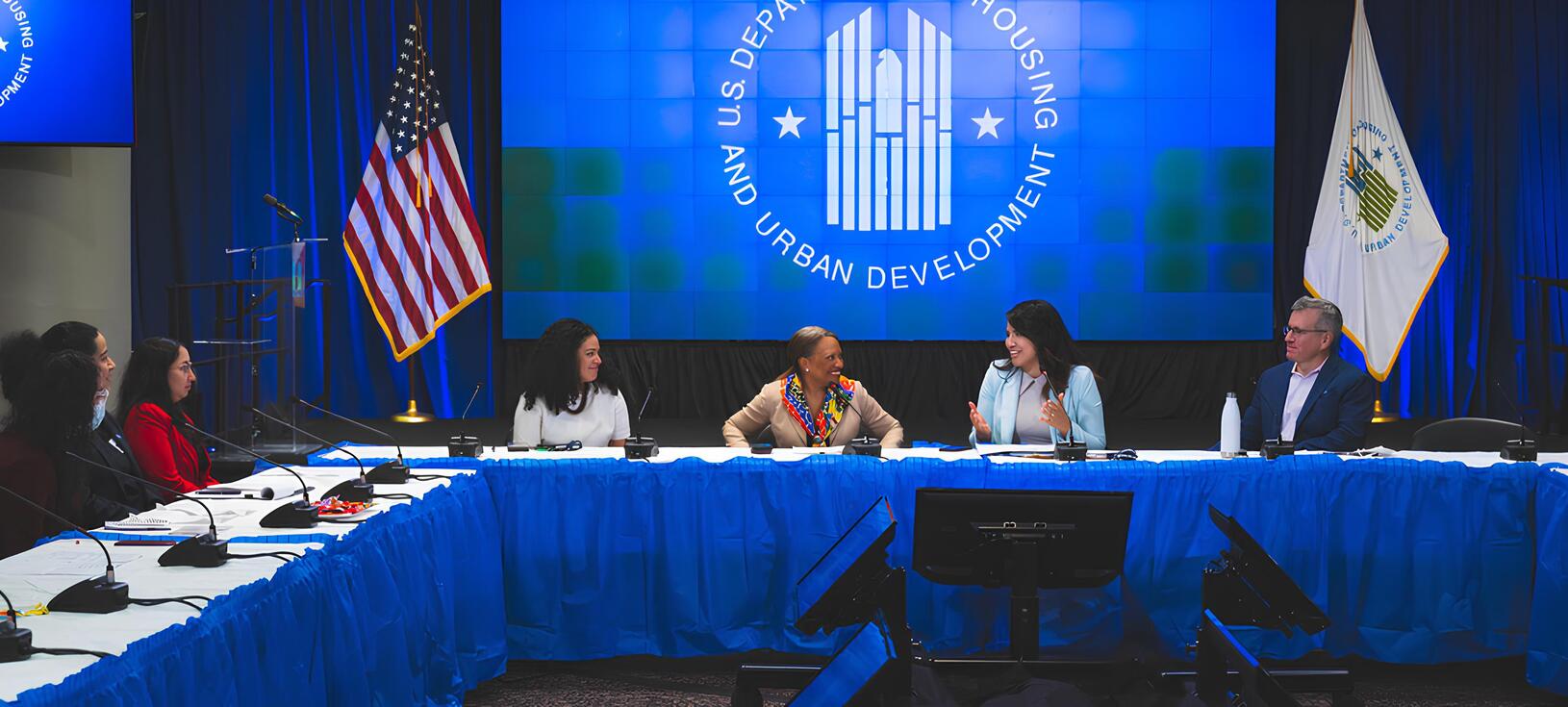
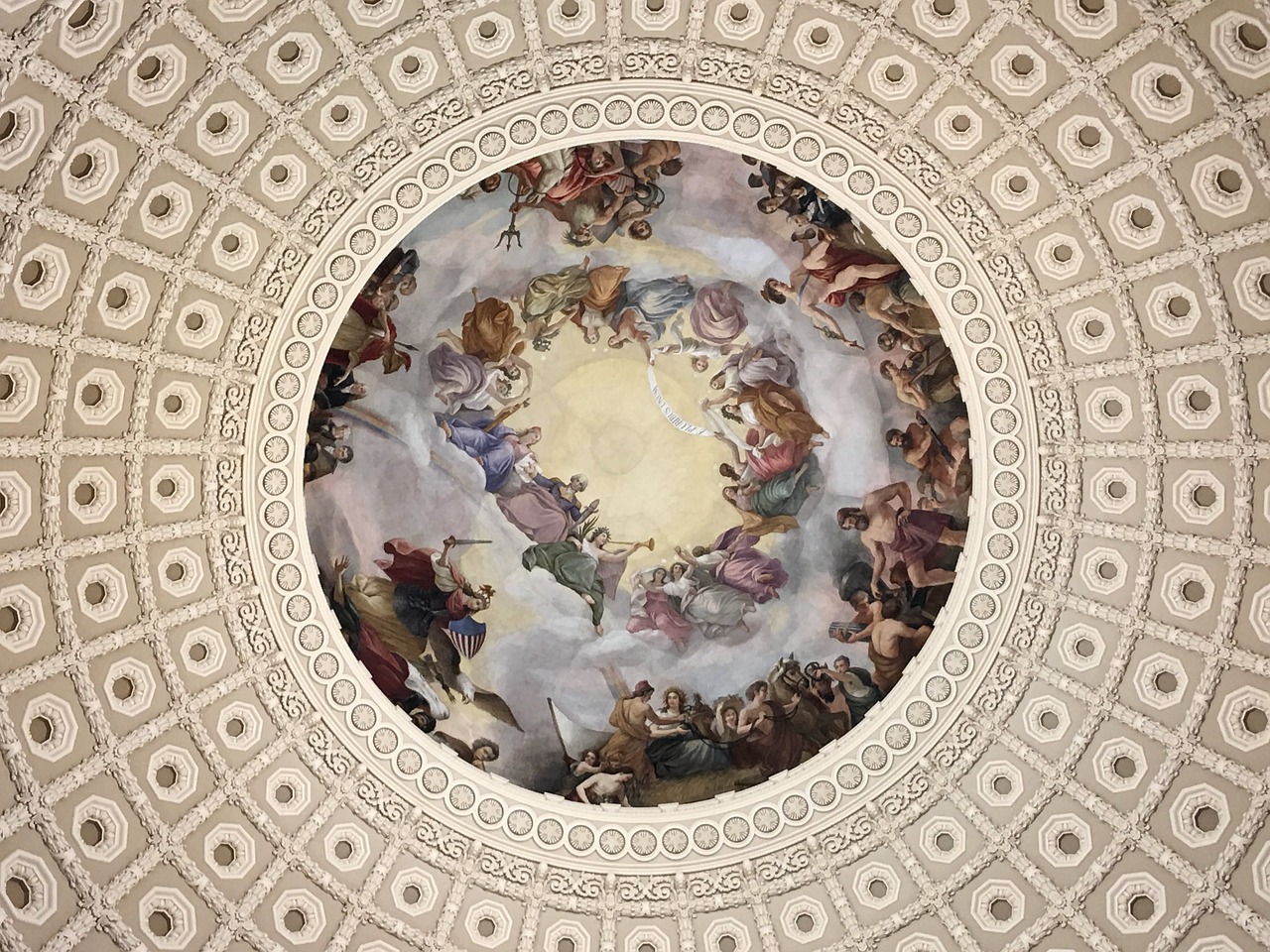
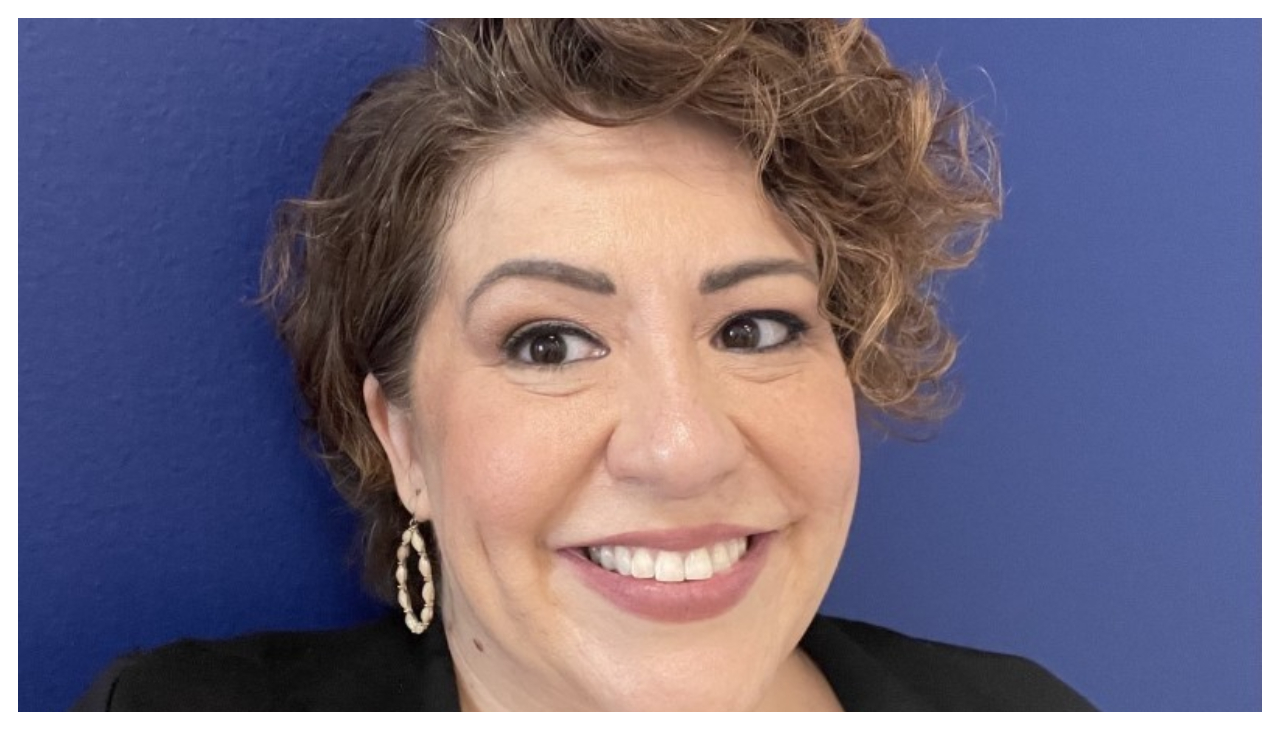
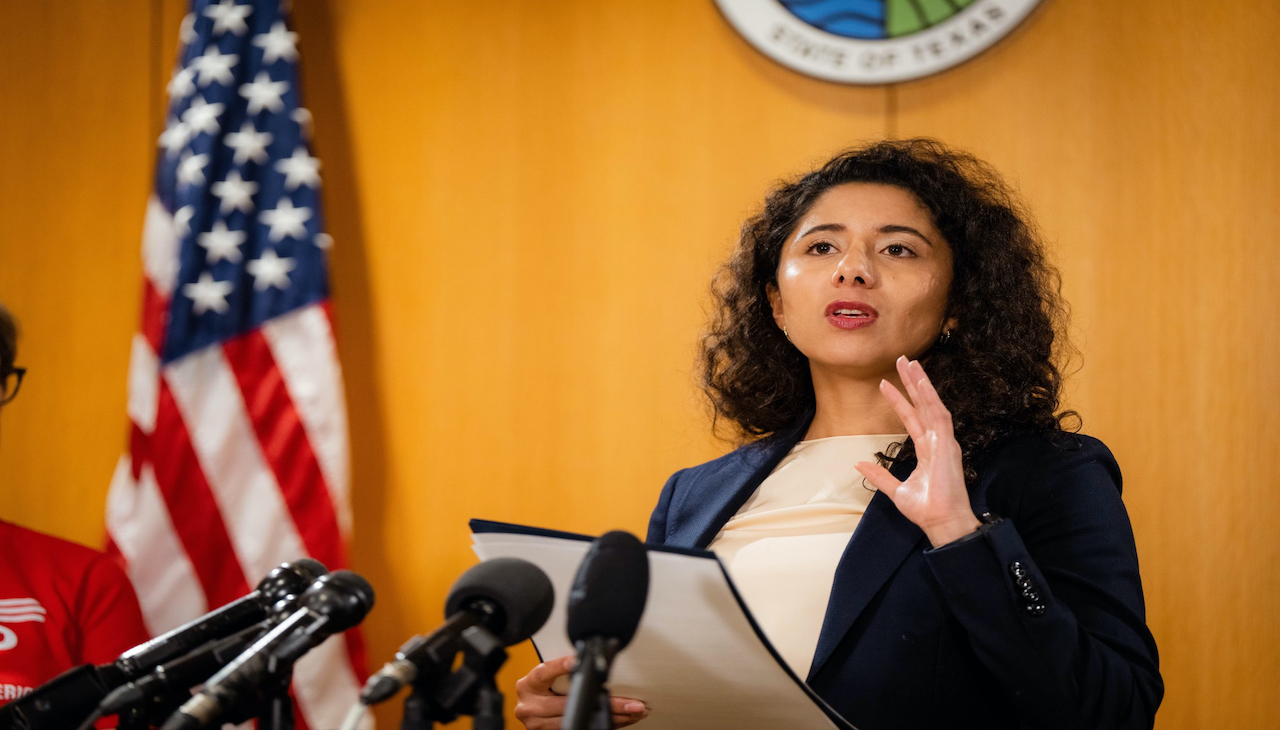

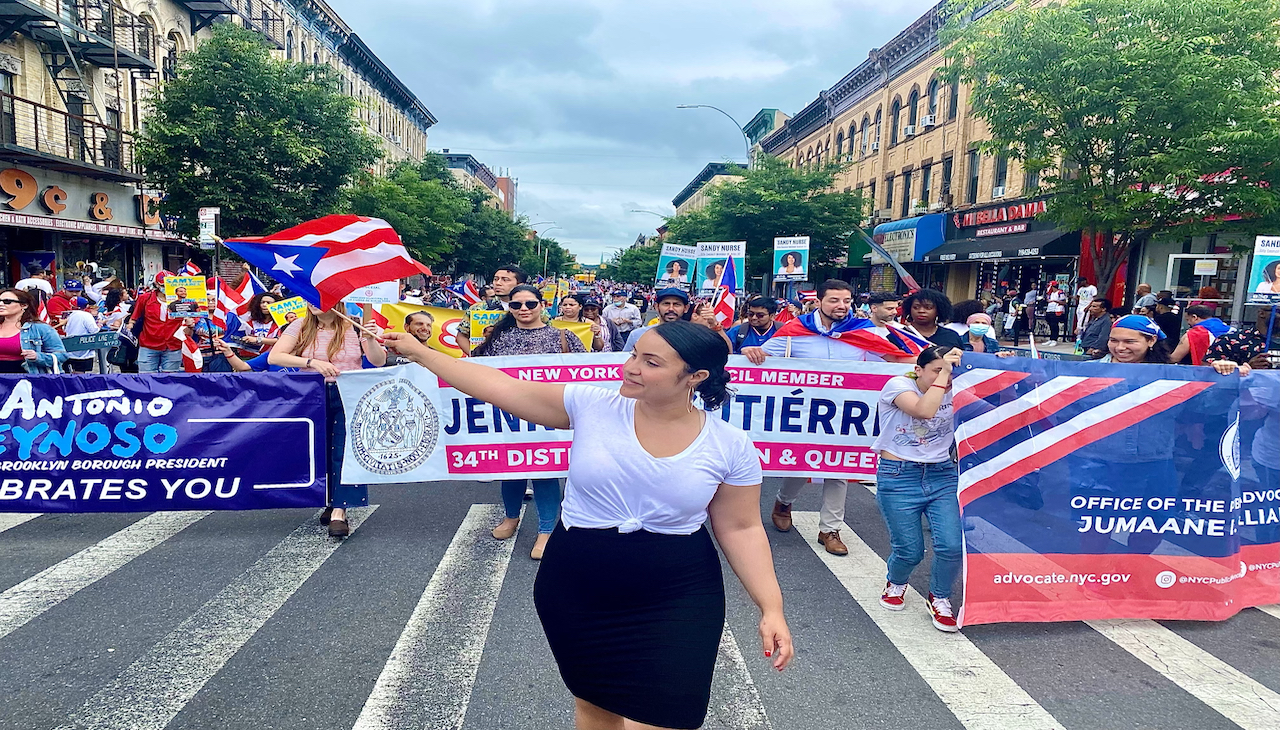
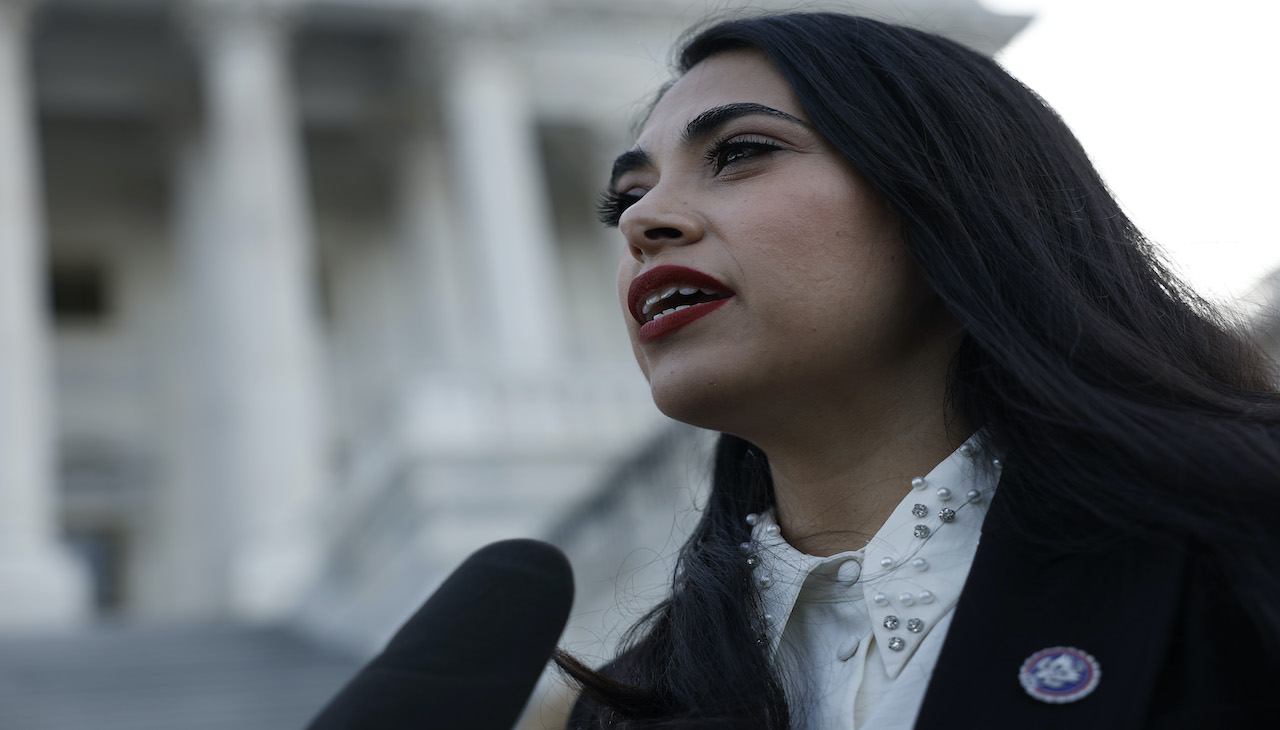

LEAVE A COMMENT:
Join the discussion! Leave a comment.